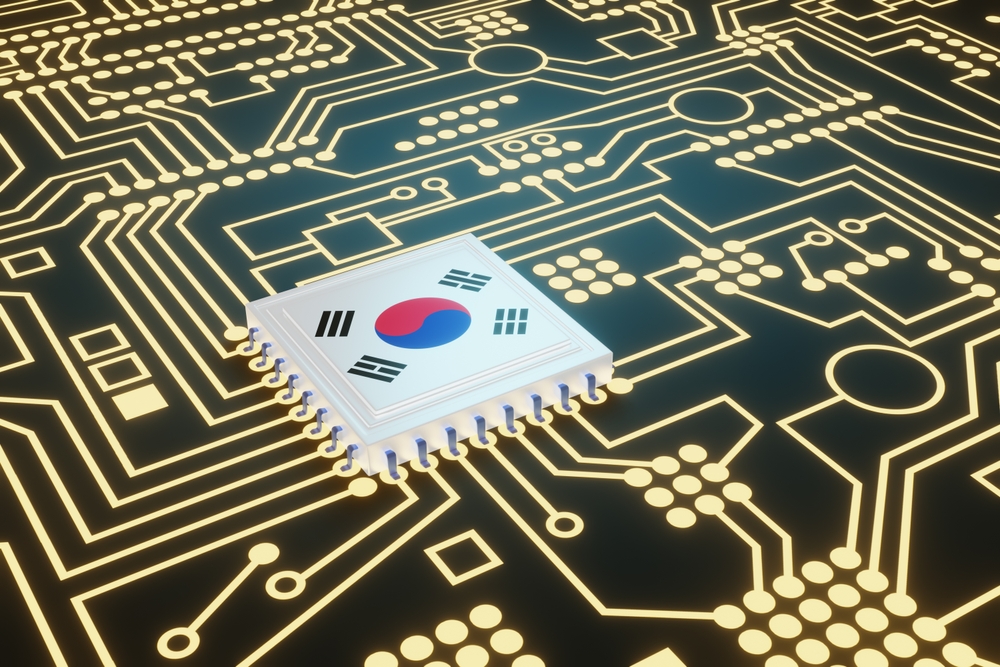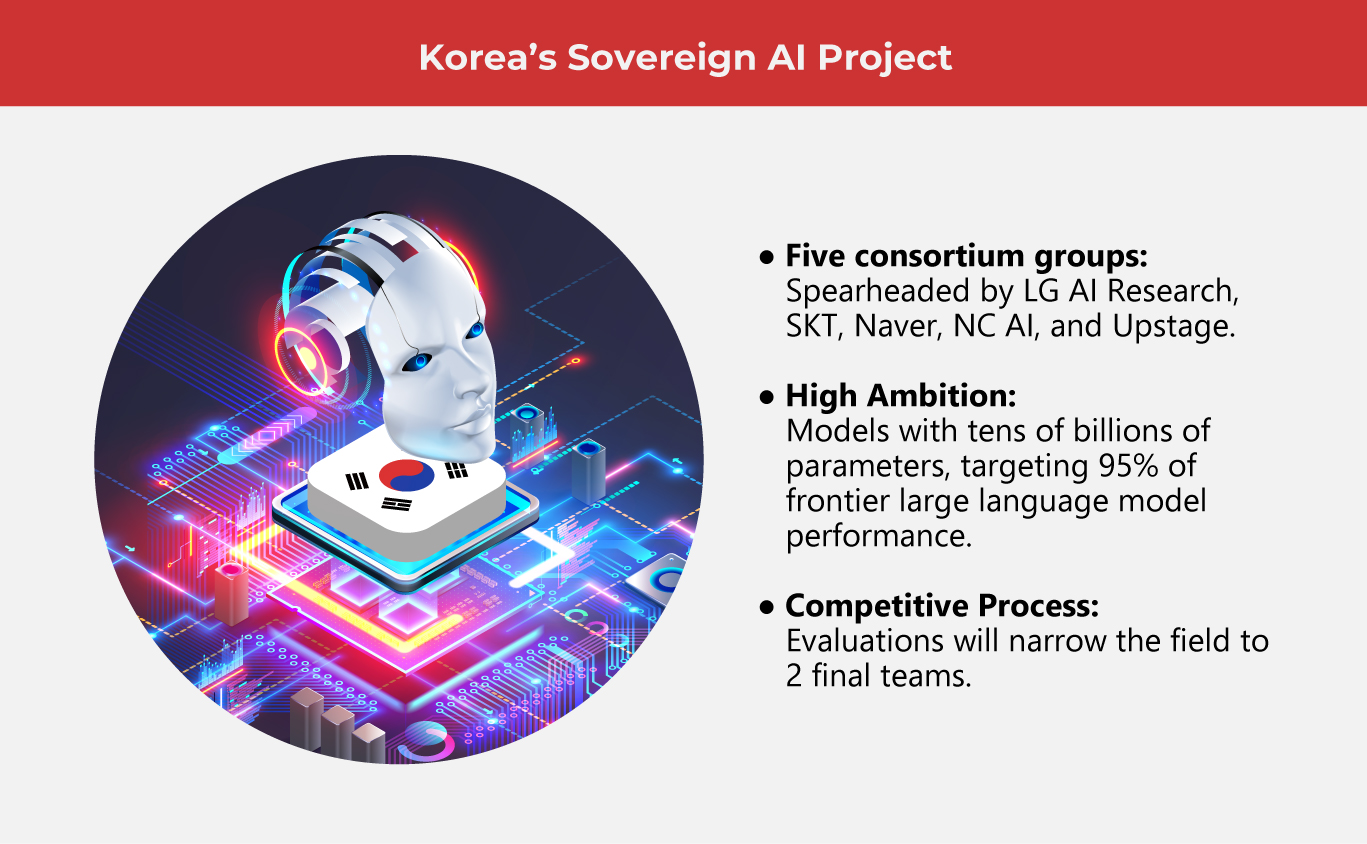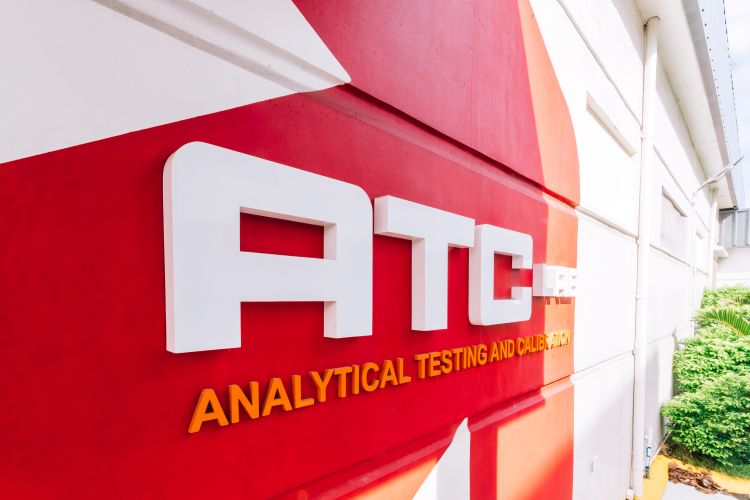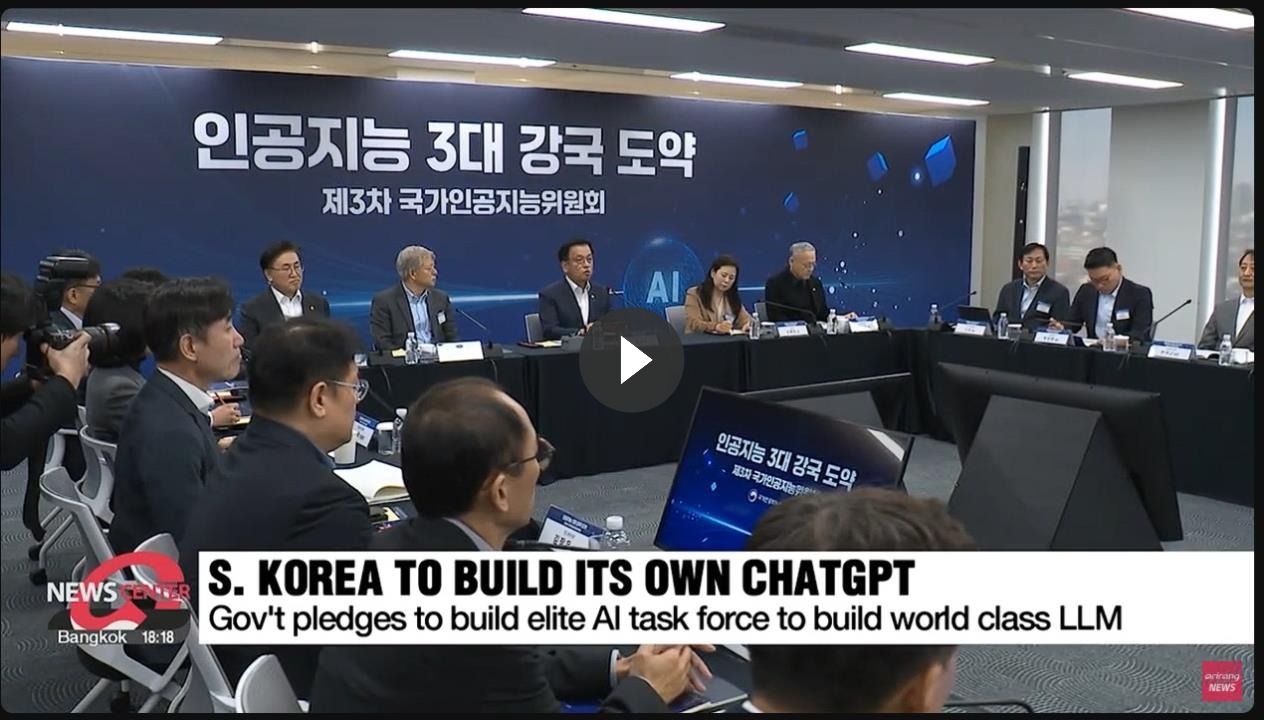Inside South Korea’s Race to Lead AI

South Korea is carving out a place among the world’s artificial intelligence (AI) frontrunners, with ambitions to rank in the top three by 2027. Backed by its legacy of manufacturing excellence, the nation is blending advanced chipmaking capabilities with aggressive state funding and private-sector ingenuity. This mix of industrial strength and innovation is fueling its rapid rise as a global AI powerhouse.
South Korea is pushing forward with an ambitious blueprint to cement its role in the global AI race, ranging from developing sovereign language models to building out massive national computing infrastructure. Alongside these efforts, the country is cultivating a dynamic startup scene and refining policies that support talent growth and global competitiveness, creating an environment where innovation and new product introduction thrive at scale.
(Also read: Japan Revives Its Chip Industry)
5 breakthroughs that drive South Korea’s AI forward
With a future-ready approach, South Korea is unveiling groundbreaking innovations that push the boundaries of AI development.
- Developing indigenous AI
The country is stepping onto the world stage with an ambitious plan to create its own national AI models, drawing on homegrown engineering capabilities and technology. Rather than depending on foreign platforms, Seoul has enlisted its largest technology champions, including SK Telecom, LG, Samsung, and Naver, to collaborate on open-source projects that could compete internationally.
A central pillar of this strategy is Korea’s globally competitive semiconductor sector, long regarded as the backbone of its digital economy. South Korea’s strength lies in semiconductors and supercomputing, giving it the core pieces of an “AI stack.”
Analysts note that this combination of manufacturing solutions could set the country apart from rivals in the US and China.
Yet challenges remain. Dependence on Nvidia hardware persists, and the bigger hurdle lies in producing models compelling enough to attract developer ecosystems and challenge the dominance of frontier research labs abroad. Still, the effort underscores Seoul’s determination to claim AI sovereignty and export-ready influence.

- Quantum number generation
Meanwhile, the government has formally classified quantum random number generators and AI chip designs for autonomous mobility as national priority technologies. The move reflects Seoul’s intent to strengthen both secure communications and energy-efficient platforms for the next-generation automotive market.
Two local innovators, EYL and Boss Semiconductor, received the designation, which opens doors to preferential financing, research support, and incentives. These are designed to accelerate product design and development, as well as cutting-edge innovations. Officials say the recognition also helps universities and research centers align their work with the nation’s strategic roadmap.
EYL’s quantum random number generator, a system that draws on unpredictable particle behavior to produce uncrackable codes, stood out for its potential in defense, finance, and communications. Meanwhile, Boss Semiconductor’s chip designs for manufacturing autonomous vehicles are seen as critical for reducing energy demand while boosting computing power.
- Low-power, high-speed AI chips
Advanced automotive chips have become a strategic technology in industrial manufacturing, spotlighting Boss Semiconductor’s work in energy-efficient processors for self-driving vehicles. Officials say the designation underscores the importance of powering next-generation mobility with hardware that balances speed, data processing, and minimal energy use.
Autonomous vehicles at Levels 4 and 5 demand computing systems capable of digesting information from cameras, radar, lidar, and navigation tools in real time. The challenge lies in managing this workload without draining battery life or generating excess heat—an area where Boss Semiconductor is advancing chip design and engineering tailored for mobility platforms.
The move places AI semiconductors for vehicles alongside quantum random number generators as national priorities. Analysts note the pairing reflects a broader strategy: strengthening both secure communications and intelligent mobility as pillars of future security, competitiveness, and economic value.
- Ulsan’s $5 Billion data hub
A massive data hub is set to rise in Ulsan, with SK Group and Amazon Web Services investing more than $5 billion in what will become South Korea’s largest AI-focused data center. Tied to nearshoring efforts, the facility will host around 60,000 graphics processing units (GPUs) to meet skyrocketing demand for computing power.
The project comes as industries from finance to logistics accelerate AI adoption, with the country leveraging its strength in electronic manufacturing to anchor its push. While the US and China maintain a wide lead in data infrastructure, Seoul is aiming to close the gap.
Officials said Ulsan was selected for its reliable energy supply, a crucial factor for operations of this scale. The government has pledged regulatory reforms and tax incentives to transform the city into a cornerstone of the nation’s digital economy.
- 10,000 advanced GPUs
Before the year’s end, South Korea is moving to acquire 10,000 advanced graphics processing units. These projects are expected to support the launch of Korea’s first state-backed AI computing hub, paving the way for faster deployment of advanced digital applications.
Analysts note the AI contest is no longer confined to corporate rivalries but has evolved into a competition between national innovation ecosystems. The stakes are amplified by Washington’s export curbs on AI processors. While China, Russia, and Iran face outright bans, South Korea is counted among a small group of allies granted exemptions, underscoring its strategic position in the global semiconductor supply chain.
At the industry level, Nvidia remains the central player, commanding the majority of the GPU market and supplying processors critical for training large-scale AI models. Demand for its hardware continues to soar, intensifying competition and reshaping supply chain management across the global AI infrastructure landscape.
(Also read: Trump vs. Taiwan: Who Will Win the Chip Battle)
Government backing powers AI growth
The government’s strategic technology framework offers a legal and financial toolkit to accelerate innovation in fields seen as critical for economic growth and national security. Companies chosen under the scheme gain preferential access to financing, extra points in state-backed programs, and exemptions that ease workforce planning.
At the core of the framework is the concept of “super gap” technologies — innovations that give Korean firms a decisive lead over global competitors. Unlike basic research projects, recognition requires evidence of ownership and operational control, ensuring that companies aren’t just experimenting but actively shaping markets. This aligns with Seoul’s ambition to secure durable leadership in areas such as quantum computing, AI, and next-generation semiconductors.
Strategic designation also sends signals beyond Korea’s borders. It positions domestic firms as attractive partners for foreign investors, multinationals, and research institutions seeking reliable collaborators in critical fields. With geopolitical competition reshaping global supply chains, South Korea is making clear that its support will extend not only to laboratories but also to industries capable of exporting frontier technologies.
As one of the Top 20 EMS companies in the world, IMI has over 40 years of experience in providing electronics manufacturing and technology solutions.
We are ready to support your business on a global scale.
Our proven technical expertise, worldwide reach, and vast experience in high-growth and emerging markets make us the ideal global manufacturing solutions partner.
Let's work together to build our future today
Other Blog




